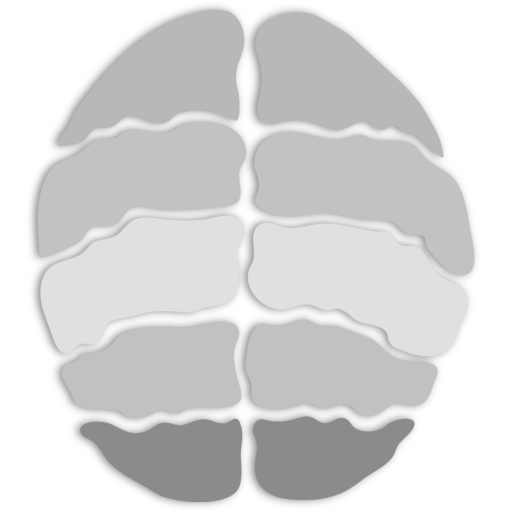
Psychedelics
Put your brand in front of thousands monthly and support the growth of harm reduction.
Trip-sitting
Help with ‘setting’
When you’re trip sitting someone, get them to preselect some familiar and calming songs that you can put on for them if things get too intense. Make sure the environment is comfortable and safe.
Choose your words carefully
Psychedelics can put the person tripping into a very suggestible state, i.e. anything you mention casually may take on an enhanced meaning and importance to the person who is tripping. You may be upset that the person you are trip-sitting isn’t interacting with you much, but expressing that may stress the tripper out, make them anxious, and potentially instigate a bad trip. Understand that you are there to support them, and for the duration of the trip, their needs are more important than your own.
Prepare for your own needs
Have easily accessible food and drink, and have plenty of things to entertain yourself with if needs be. You do not need to be watching/staring at them at all times, in fact that may make them more uncomfortable, but stay with them and be aware of what they are doing.
Sitting, not guiding
The first and foremost principle is to be present, without leading the psychedelic user. This means being with them and providing a calming and supportive presence, rather than attempting to guide them on their trip, and potentially pushing them towards things that they do not wish to, or are not capable of doing/experiencing/thinking about. Instead of bringing up your own stories in relation to something they have said, simply let them know you are listening, there for them, that you relate to what they are saying and that they aren’t alone. Rather than focusing on what you’re going to say next, listen deeply to their words.
Talk it out
Talking through a difficult experience, rather than trying to distract the tripper away from a challenging experience, may be a better approach. Experiencing negative emotions in a safe way, with a trusted person taking care of them may be a better approach than pushing them towards happy emotions, while those negative ones still niggle at the back of their head. Remember, ‘difficult doesn't necessarily mean “bad”. Remind them that they have taken a substance, and that the feelings and experience they are currently undertaking is only temporary, and that the drug's effects will wear off soon. Don’t tell them to ‘calm down’, allow them to experience what they are experiencing and ‘go through their process’.
Know what they’ve taken
NBOMe for instance, has the potential to kill a user if they overdose. This is why drug testing is important. Taking someone to a hospital because they are feeling anxious on LSD may cause more trouble than it solves, as there are no reported cases of an LSD overdose killing somebody. However, if someone is feeling like their heart is beating erratically after taking NBOMe, getting them to the hospital quickly may save their life. In this situation, do not try to hide the fact that they have taken a substance, inform EMS services of the substance and dose so that they may make the best assessment as quickly as possible.
Judgement free zone
Unconditional acceptance is important, as is openness and authenticity with the tripper. This will allow them to continue to be open and trust you. Remember they are in an emotionally vulnerable state. This means if they pick up on an emotion in you, don’t try to hide it. Acknowledge that something they’ve said has made you a little sad or anxious, and make sure that they are aware that you are still there, caring and listening.
References: Zendo Project; MAPS
Put your brand in front of thousands monthly and support the growth of harm reduction.
